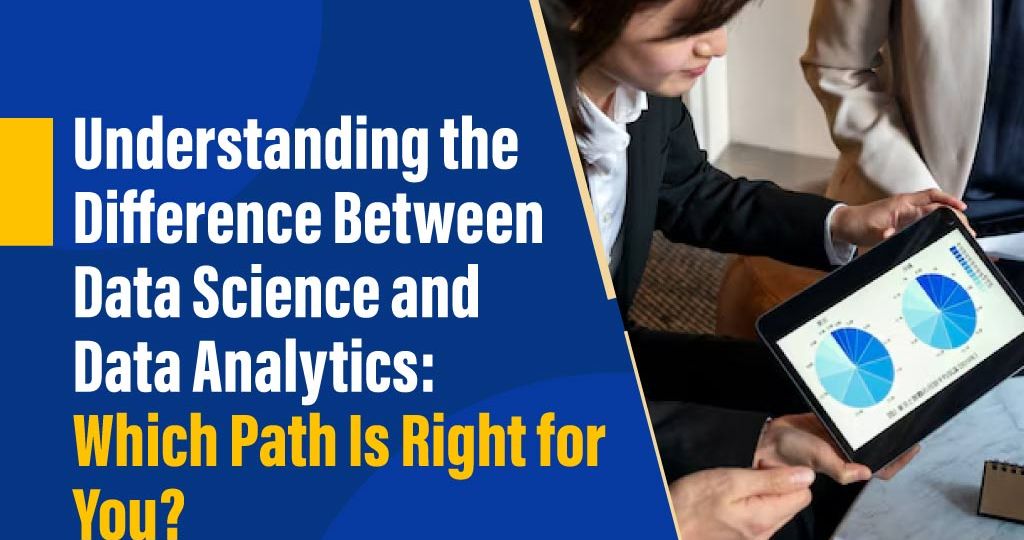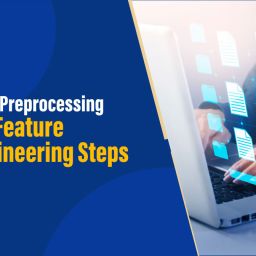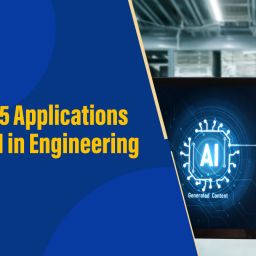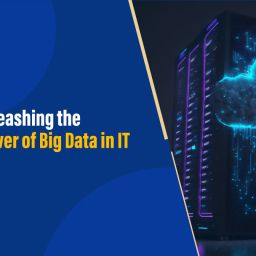
Today, in the world we live in, every human being is a part of a statistic and a generator of a massive amount of data. Data is increasing on a daily basis, as is the need for experts to manage it.
As the demand rises, we see words like Data science and data analytics being used everywhere, confusing us and eventually leading us to think both are the same. No, it isn’t?
The reality is that both of these are two totally different career options that have their own advantages and obstacles.
Data science is like an intelligent detective helping us to get to the depth of the intricate models, to discover unseen patterns; whereas data analytics will give you a chance to enlighten decisions, drive growth with crystal clear insights.
Now, The choices between these areas can get a bit confusing, especially about your skills, interests, and your future dreams.
Therefore, In this blog, we will guide you through the crucial differences between the two.
Now, Let us define Data science and data analytics
What is data science?
Data science is basically using data to solve complex problems.
In data analysis we acquire, clean, and analyze raw data to uncover patterns and trends, and this is often done with advanced approaches like machine learning and artificial intelligence.
Like a detective who looks at clues to figure out the solution, Data science uses complex models and predicts future outcomes.
Here are some features that define data science:
Programming Knowledge: Data scientists work with programming languages like Python, R, and SQL.
Machine Learning (ML): ML is a crucial component that trains computers to make predictions or decisions without manually coding them.
Big Data Management: This entails handling enormous databases and retrieving usable information.
If you enjoy solving riddles, working on novel technologies, and thinking about the larger picture, data science may be for you.
What is Data Analytics?
Data analytics focuses more on the present, when data science looks more to the future.
Data analysts digs through all the current datasets to give you meaningful insights. They work closely with business teams to spot trends, give information, and make quick choices that produce rapid yields.
This is what data analytics about:
Tools and Software: Excel, Tableau, and Power BI are very popular data representation tools among analysts.
Statistical Analysis: Detecting patterns and linkages in data to solve current business challenges.
Business Impact: Immediate feedback for better decision-making processes.
If you have a good eye for detail, enjoy making sense of numbers, and appreciate seeing your work have an immediate influence on business outcomes, data analytics may be the career for you.
What makes Data Science and Data Analytics different
Though both deals with data, data science and data analytics differ in their focus and goals:
Nature of Work: Data scientists develop predictive models, while data analysts figure out and display actual information.
Tools used: Data science needs programming and machine learning, but data analytics relies mainly on tools for visualization like Tableau or Excel.
Outcome: Data science usually foresees future trends, and data analytics improves current operations.
Which Way Is Best for You?
You should let your hobbies and career goals make the decision between data science and data analytics.
Choose data science if you enjoy working with algorithms, programming, and being able to predict trends.
This path leads you to positions like Data Scientist, Machine Learning Engineer, or AI Specialist.
Or if you are rather interested in fixing instant problems and making quick business decisions, pick data analytics.
You can go for popular job titles like Data Analyst, Business Analyst, and Reporting Analyst.
No matter which path you take, these are areas that can give you great opportunities to make a difference in industries like healthcare, banking, e-commerce, and others.
How to start
To begin your career in data science and data analytics, you are going to need a mix of technical skills, critical thinking, and a strong desire to solve problems.
Learn the Tools: Depending on your career, you can start with your core tools such as Python or Excel.
Take Courses: Platforms like Coursera and edX give programs that are dedicated to data science and analytics.
Create a Portfolio: Work on real-world projects to show your skills.
Network: Join online communities or attend events and meet with professionals in your field.
Final Thoughts
Both data science and data analytics are intriguing professions that come with its own pros and cons.
If you’re thinking about a career in technology, take up courses and training programs that are offered by universities that specialize in advanced technical abilities.
And also remember that success in either of these careers needs ongoing learning and curiosity.
It doesn’t matter which path you choose, the data that you possess is a tool to create a beautiful change around you. So, for now focus on your strengths, likes, and goals, and you can thrive and create an impact.








